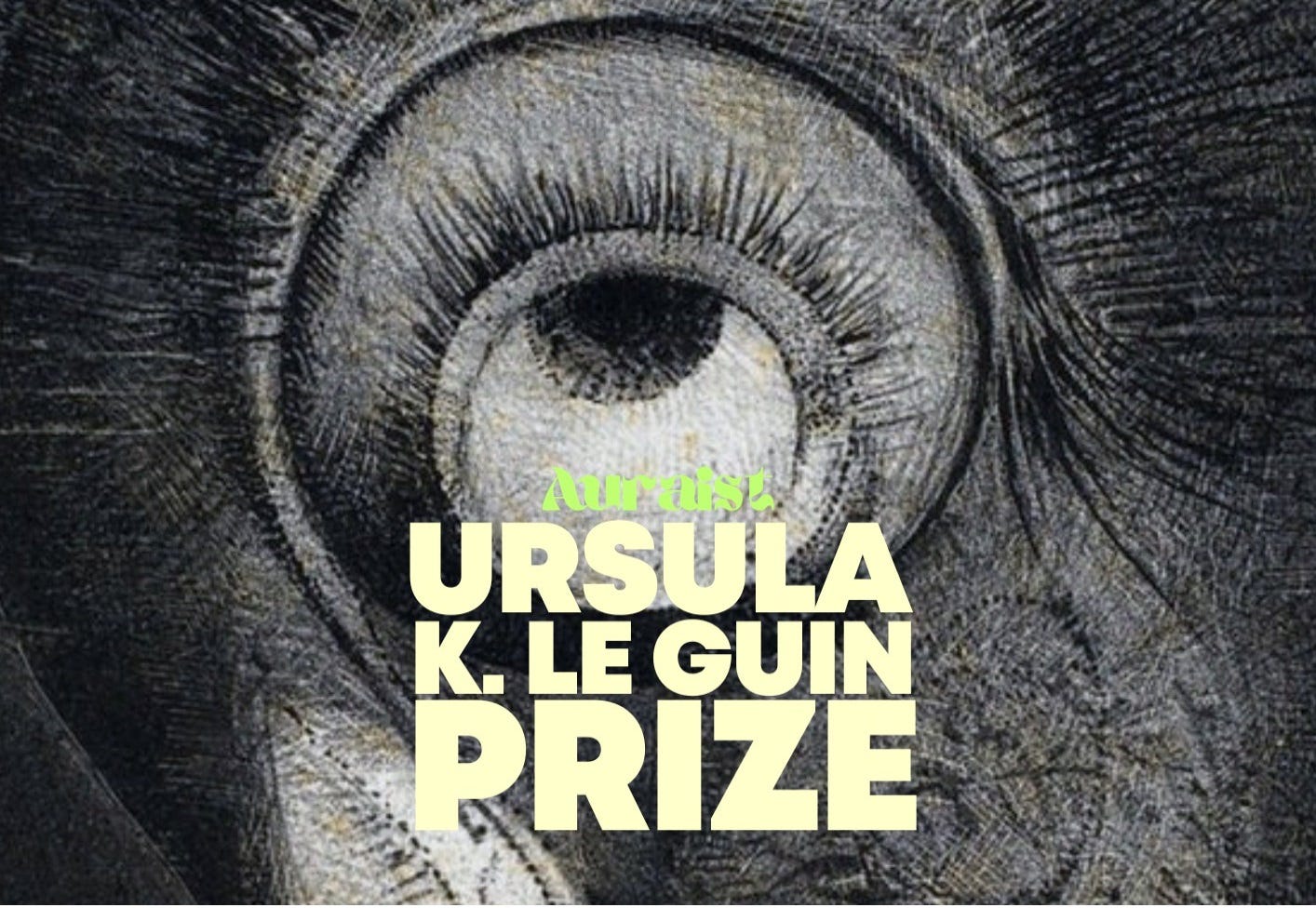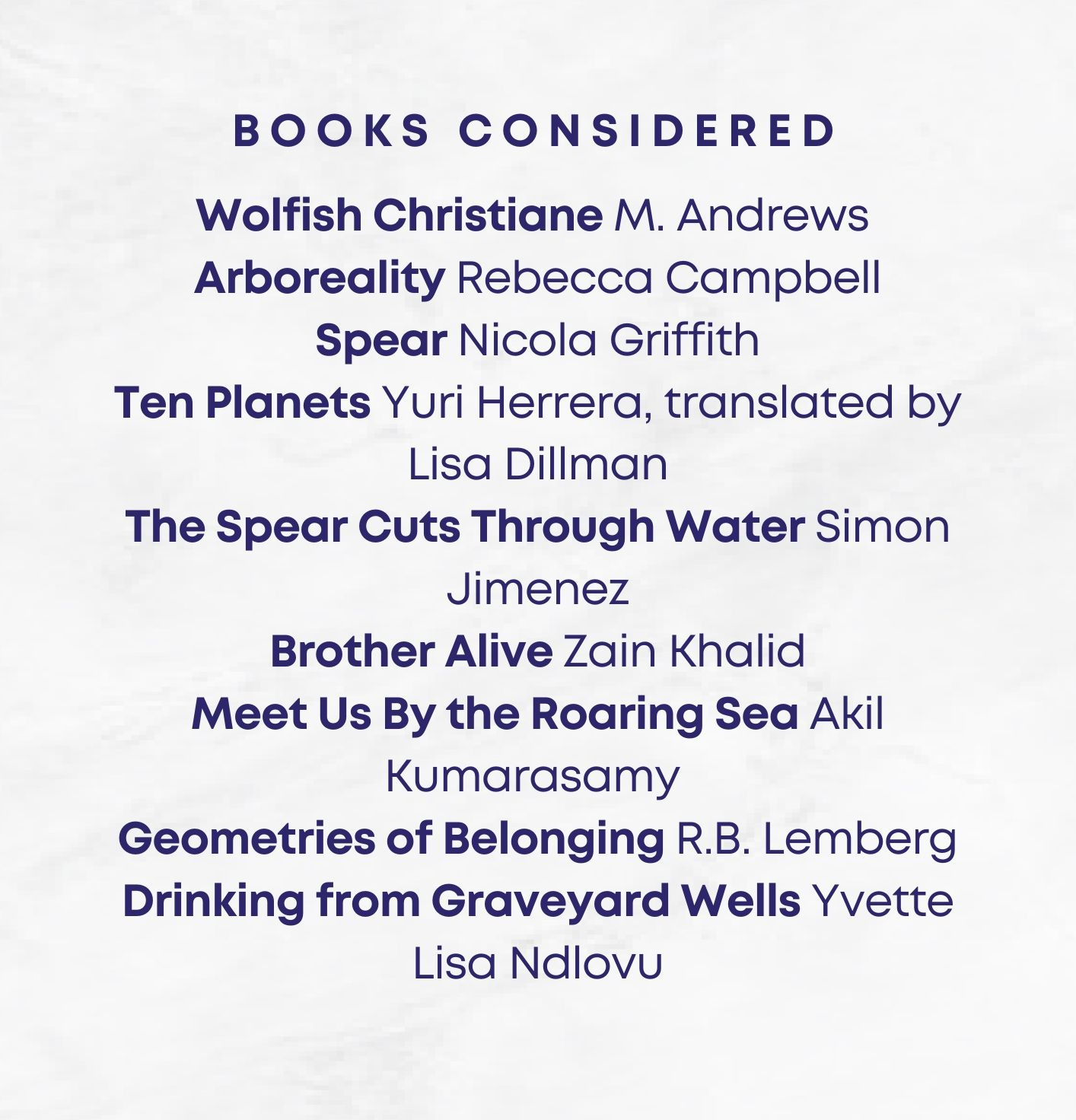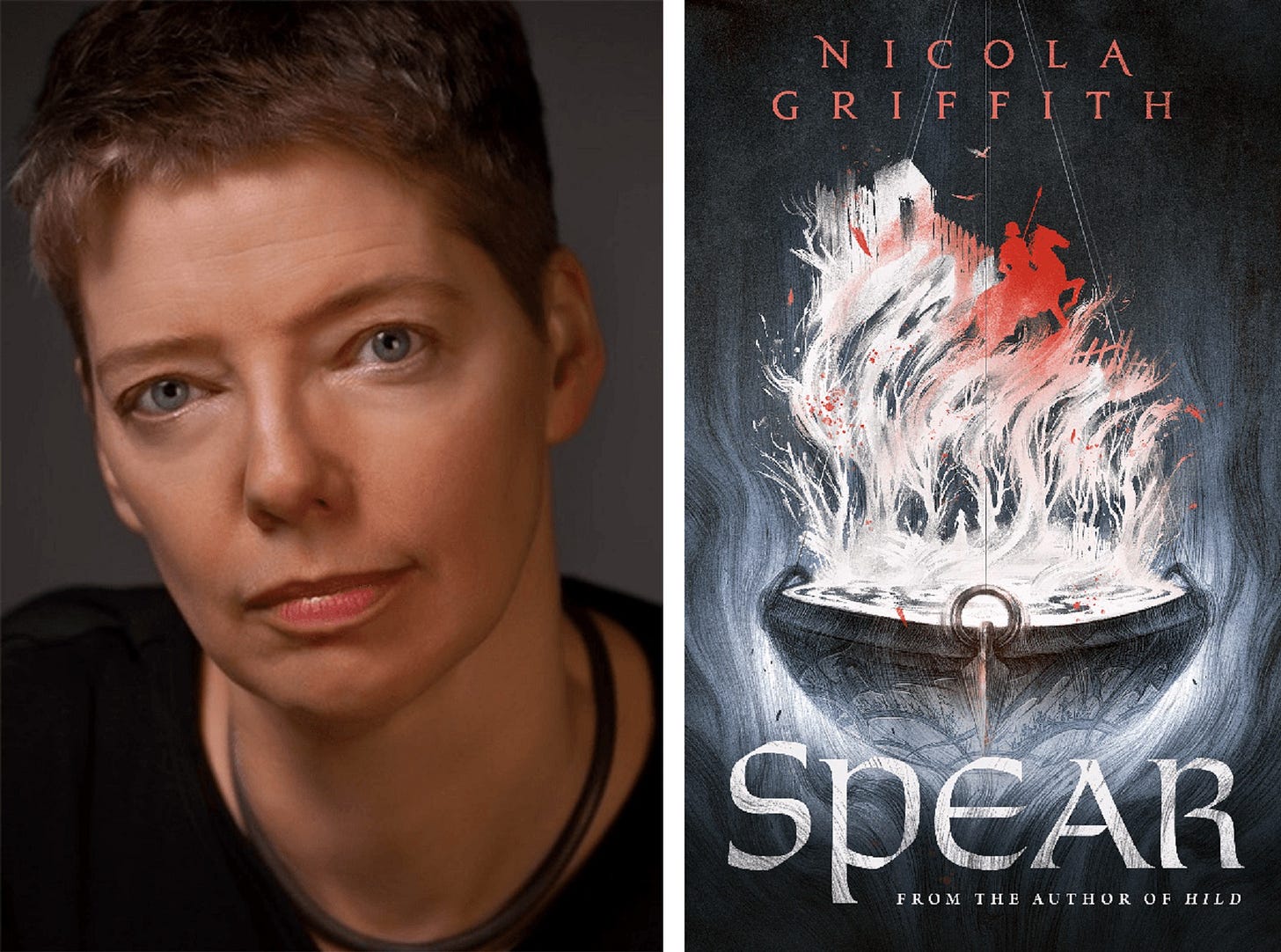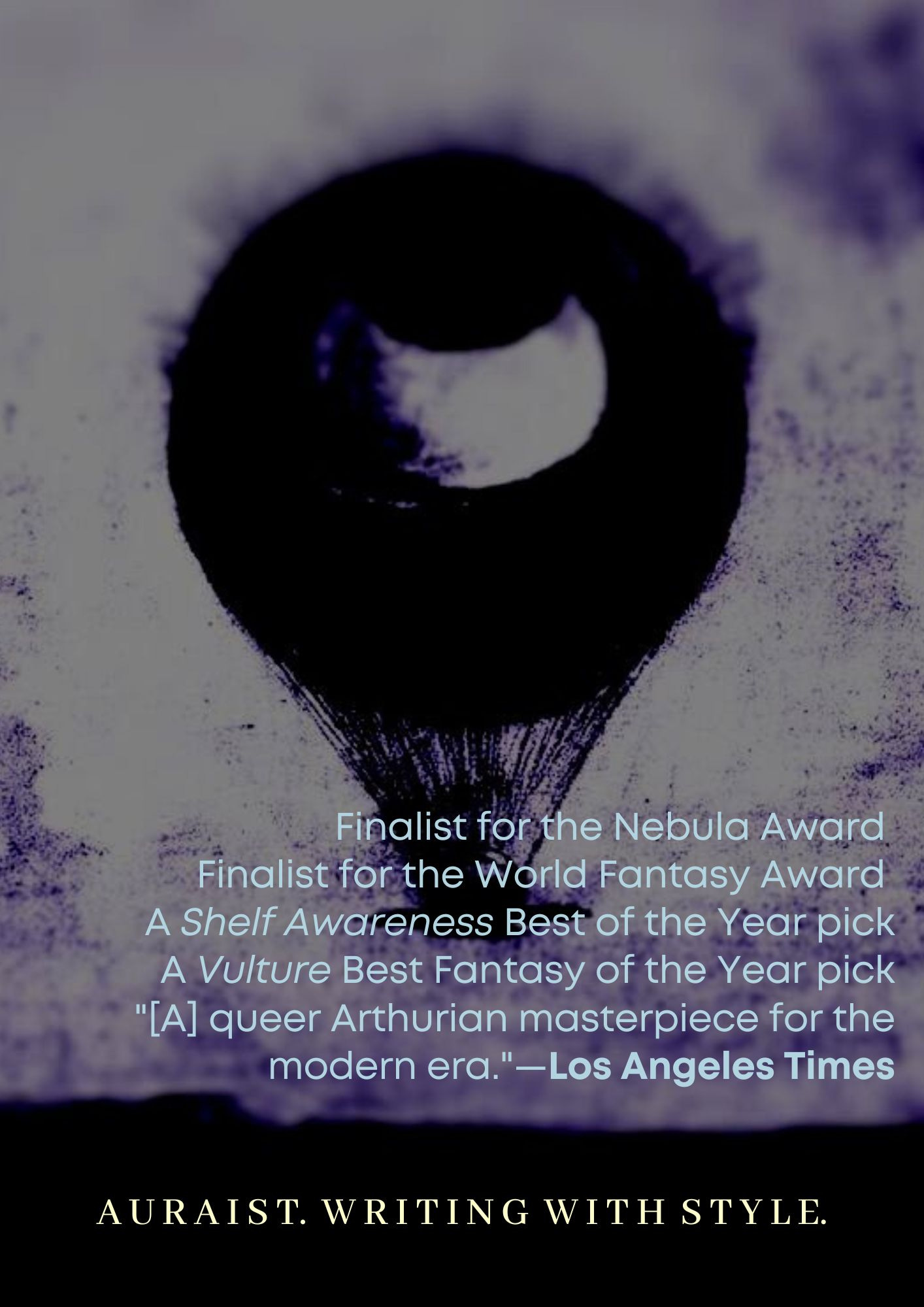The Ursula K. Le Guin Prize shortlist: the most stylishly written book is Spear by Nicola Griffith
* See the other books considered * Read a passage from Spear *
The Ursula K. Le Guin Prize for Fiction is an annual $25,000 cash prize given to a writer for a single work of imaginative fiction. This award is intended to recognise those writers Ursula spoke of in her 2014 National Book Awards speech—realists of a larger reality, who can imagine real grounds for hope and see alternatives to how we live now.
The most stylishly written of these is
In the wild waste, a girl, growing. A girl at home in the wild, in the leafless thicket of thin grey saplings with moss growing green on one side. In this thicket, the moss side does not face north but curves in a circle with its back to the world, and, at its centre, where the branches grow most tangled and forbidding, is a hill. In the face of that hill, always hidden from the world, is the dark mouth of the cave where the girl lives with her mother.
As far as the girl can tell, none on two legs but herself and her mother has ever trod here. Her mother will creep from the cave only as far as the gardens at the edge of the thicket, and then only in summer when the leaves are cloak enough to hide the sun-burnished bronze of her heavy-waved hair, when the hard enamel blue of her eyes might be forget-me-nots; but the girl is at home in all the wild. She roams the whole of Ystrad Tywi, the valley of the Tywi who fled Dyfed in the Long Ago. In this valley, where there is a tree she will climb it; it will shelter her, and the birds that nest there in spring will sing to her, warning of any two-legged approach. In May, as the tree blossoms fall and herbs in the understorey flower, she will know by the scent of each how it might taste with what meat, whether it might heal, who it could kill. From its nectar she will know which moths will come to drink, know too of the bats that catch the moths, and what nooks they return to where they hang wrapped in their leather shrouds as the summer sun climbs high, high enough to shine even into the centre of the thicket. Before harvest, when the bee hum spreads drowsy and heavy as honey, she tastes in their busy drone a tale of the stream over which they skim, the falls down which the stream pours, the banks it winds past where reeds grow thick and the autumn bittern booms. And when the snow begins to fall once again, she catches a flake on her tongue and feels, lapping against her belly, the lake it was drawn from by summer sun, far away—a lake like a promise she will one day know. Then as the world folds down for winter, so too do the girl and her mother, listening to the crackle of flame and, beyond the leather door curtain, the soft hiss of snow settling over the hills and hollows like white felt.
She left all she knew to find who she could be . . .
She grows up in the wild wood, in a cave with her mother, but visions of a faraway lake drift to her on the spring breeze, scented with promise. And when she hears a traveler speak of Artos, king of Caer Leon, she decides her future lies at his court. So, brimming with magic and eager to test her strength, she breaks her covenant with her mother and sets out on her bony gelding for Caer Leon.
With her stolen hunting spear and mended armour, she is an unlikely hero, not a chosen one, but one who forges her own bright path. Aflame with determination, she begins a journey of magic and mystery, love, lust and fights to death. On her adventures, she will steal the hearts of beautiful women, fight warriors and sorcerers, and make a place to call home.
The legendary author of Hild returns with an unforgettable hero and a queer Arthurian masterpiece for the modern era. Nicola Griffith’s Spear is a spellbinding vision of the Camelot we've longed for, a Camelot that belongs to us all.







